
Akashi, who was once in charge of the UN's disarmament and humanitarian affairs, stressed that nothing can offset the comprehensive shared interests.
Yuji Miyamoto, Japan's ambassador to China from 2006 to 2010, said mainstream voices of both sides should focus on the big picture.
"Some politicians make comments to win support from voters, and then their remarks may derail us from our goal," Miyamoto said.
Crisis management
Eliminating negative interaction in the East China Sea is one of the top priorities for Chinese and Japanese governments, experts said.
Akashi, the veteran UN diplomat, said consultants from both sides agreed on a proposal to boost security dialogues and look at building a crisis management mechanism.
Noboru Yamaguchi, a professor at the National Defense Academy of Japan, said the two nations should form a "shared code of conduct" on the sea.
A mechanism is needed to prevent vessels from colliding, Yamaguchi said.
Washington and Tokyo are now in the final phase of arranging a joint military drill in June targeting the retaking of a remote island, Japan's leading television stations and newspapers quoted unnamed government sources as saying.
The drill is planned to boost the allies' capacity in handling the situation if China tries to seize the Diaoyu Islands, Japan's Sankei Shimbun newspaper and Fuji Television reported.
The US-Japan contingency operation plan regarding the islands was reported in late March, and the Chinese Ministry of National Defense protested any move that may "aggravate or complicate" the situation.
Yamaguchi, also a retired lieutenant general in Japan's Ground Self-Defense Force, said the tension in the East China Sea has been hyped by the media, and some analyses showed a lack of professionalism.
"The conflicting public moods and some zealous voices between the two neighbors should be put on ice and cooled down," he added.
Li Wei, director of the Institute of Japanese Studies under the Chinese Academy of Social Sciences, said the problems "can be solved in spite of the complicated and difficult status quo".
"The tougher the problems we are faced with, the greater necessity for us to maintain dialogue through platforms like the Beijing-Tokyo Forum," Li said.


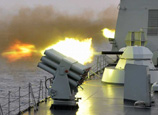
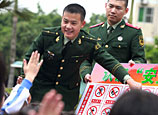

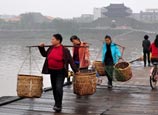




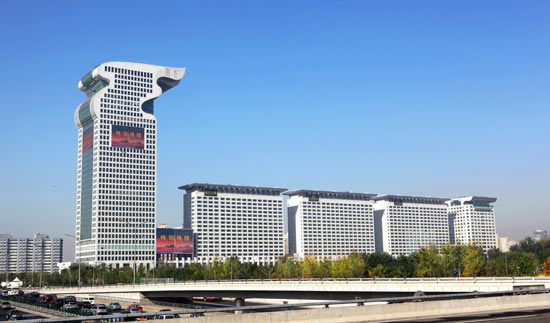
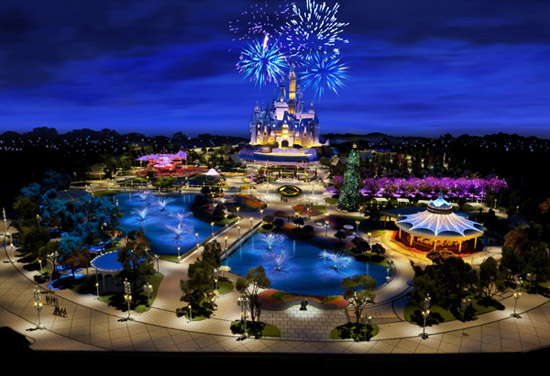






 Heavy rainfall hits S China's Guangxi
Heavy rainfall hits S China's Guangxi


![]()
